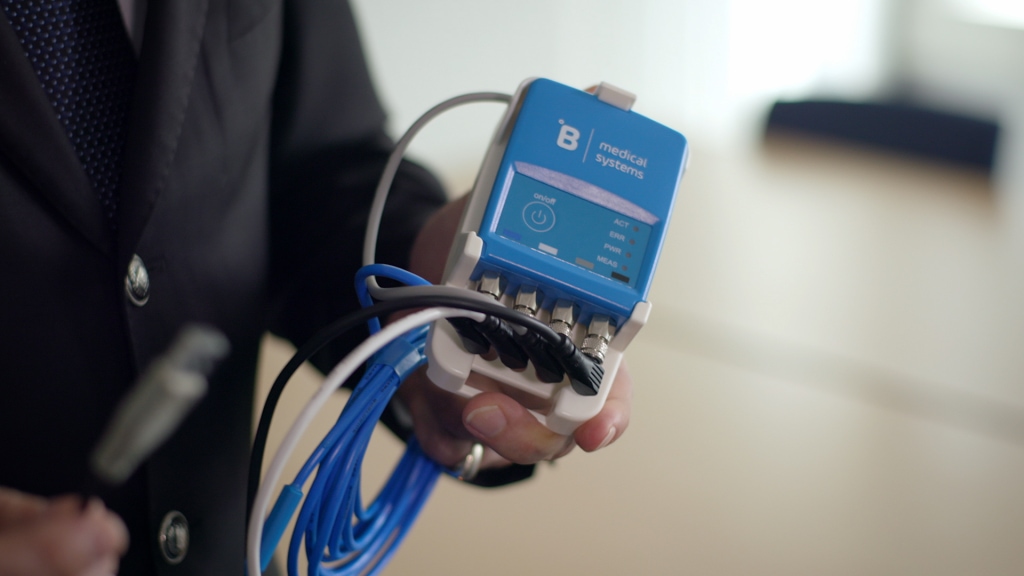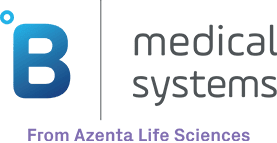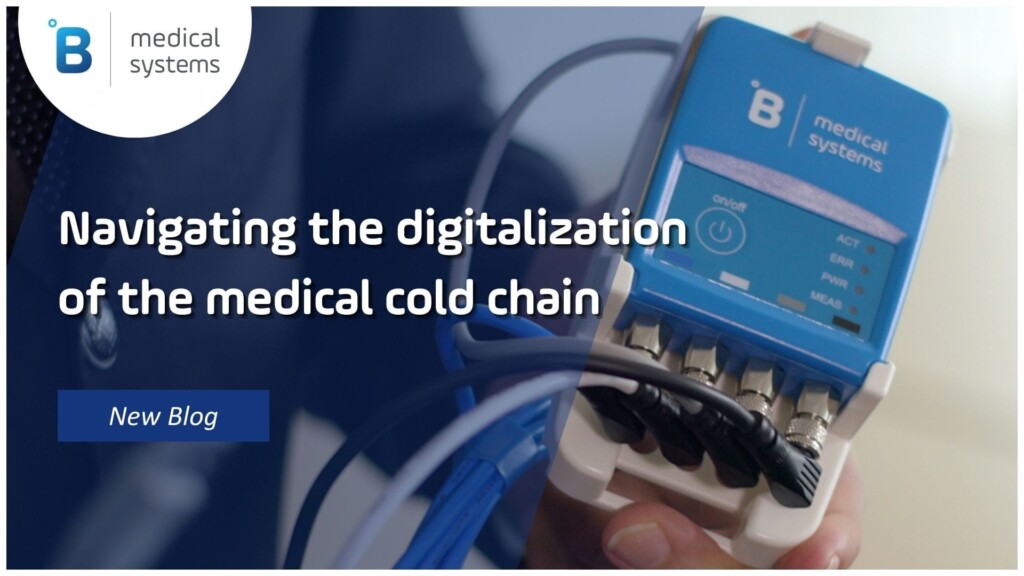Blog
Driving Transformation: Key Trends Shaping the Digital Revolution in the Medical Cold Chain
In the pharmaceutical world, the medical cold chain stands as a critical link in the journey of temperature-sensitive products from manufacturers to patients. With new digital technologies sweeping across industries, the pharmaceutical cold chain is also being impacted by these new innovations which, in this case, are aiming to help ensure the safety, efficacy, and quality of pharmaceutical products throughout their complex supply chains.
1. Remote monitoring and sensor networks: real-time insights
Remote monitoring technology plays a pivotal role in transforming the pharmaceutical supply chain, offering unparalleled real-time insights into the transportation process of sensitive pharmaceutical shipments. These systems are capable of continuously tracking critical parameters such as temperature, humidity, and location, ensuring that the products remain within the required specifications throughout their journey. The real-time data collected by these monitoring tools is invaluable, as it not only provides a clear and immediate picture of the shipment’s status but also facilitates the early detection of any deviations from the norm.
This early detection capability is crucial in the pharmaceutical industry, where even minor fluctuations in temperature or environmental conditions can compromise the integrity of the products, potentially leading to reduced efficacy or, in worst-case scenarios, rendering them unsafe for patient use. By identifying such issues at the earliest possible stage, remote monitoring enables swift and targeted interventions, be it rerouting shipments, adjusting environmental controls within the transport vehicle, or initiating other corrective actions. This proactive approach not only minimizes the risk of damage to these precious products but also significantly reduces the likelihood of costly wastage and delays.
An example of such solutions is the Real Time Monitoring Device (RTMD) which can be attached to a wide variety of medical cold chain solutions and that offers monitoring capabilities on internal and external temperatures, lid openings, precise GPS coordinates, and the battery levels of the cold storage solution it is connected to.

2. Blockchain: transforming logistics
Blockchain technology has the potential of revolutionizing the landscape of pharmaceutical logistics, ushering in a new era of transparency, security, and efficiency. At the heart of this transformation lies the blockchain-enabled virtual ledger, a powerful tool that records every detail of a shipment’s journey across its supply chain. From the moment a pharmaceutical product leaves the production facility to the instant it reaches the end consumer, every step is securely recorded. This includes comprehensive data on the product’s condition, handling, and any transit points it passes through, ensuring an unparalleled level of visibility, transparency and accountability.
The decentralized nature of blockchain technology is a game-changer for medical cold chain logistics. By distributing information across a network of computers, it creates an immutable record of all transactions, making data tampering virtually impossible. This immutability guarantees that every piece of information related to the shipment—from temperature logs to handling details—is accurate and trustworthy. The result is a transparent and tamper-proof system that allows for real-time supervision of the entire supply chain, involving all stakeholders.
Moreover, the integration of blockchain with Internet of Things (IoT) devices takes security and efficiency to the next level. This synergy enables continuous monitoring of critical parameters such as temperature and humidity, ensuring that vaccines and other temperature-sensitive pharmaceuticals are stored and transported under optimal conditions. This harmonious blend of blockchain and IoT technologies fortifies the medical supply chain, ensuring the integrity of pharmaceutical products from production to patient, thereby upholding the highest standards of patient care and safety.
3. AI, robotics and Internet of Things (IoT)
AI, robotics, and IoT are revolutionizing medical cold chain management by streamlining operations, enhancing temperature regulation, and bolstering product traceability, particularly for critical items like plasma and vaccines. These technologies have been instrumental in mitigating financial losses attributed to product spoilage from transit delays and temperature discrepancies. Innovations such as the °B Connected software and the Remote Monitoring Temperature Devices (RTMDs) exemplify the ease with which stakeholders can now conduct remote, real-time monitoring of temperatures. AI and machine learning can delve into the data, forecasting demand, refining inventory control, and minimizing waste, thereby optimizing resource use and ensuring the availability of essential medical supplies. These advances not only guarantee the integrity of sensitive pharmaceuticals but also elevate patient care by improving the reliability and efficiency of cold chain logistics.

4. Drone Deliveries: enabling contactless deliveries to remote locations
Drone deliveries are emerging as a game-changer in ensuring swift, contactless distribution of medicines and vaccines, especially when it comes to serving hard-to-reach areas. For example, drone deliveries have been green lit in India, where they are gaining traction nationwide, albeit with prudence. Drones stand out for their rapid delivery times and reduced need for manual handling, providing a highly reliable and precise delivery solution. Their ability to offer traceable and error-free transportation makes them particularly suited for critical last-mile delivery tasks to remote areas. Despite facing certain challenges, the integration of drone technology in the pharmaceutical supply chain marks a significant leap forward in enhancing access to essential healthcare services, promising to greatly transform the landscape of medical logistics.
Evolution of medical cold chains
The pharmaceutical sector is undergoing a transformative shift, with digital innovations at the forefront of enhancing the medical cold chain infrastructure. The synergy of advanced technologies like remote monitoring, blockchain technology, and AI is revolutionizing the medical cold chain, elevating it to a benchmark of efficiency, traceability, and security. This technological integration not only preserves the integrity of pharmaceutical products but also deepens patient trust. Moreover, by embracing these cutting-edge technologies, the pharmaceutical industry is streamlining its operations, improving patient care, and achieving cost efficiency.



